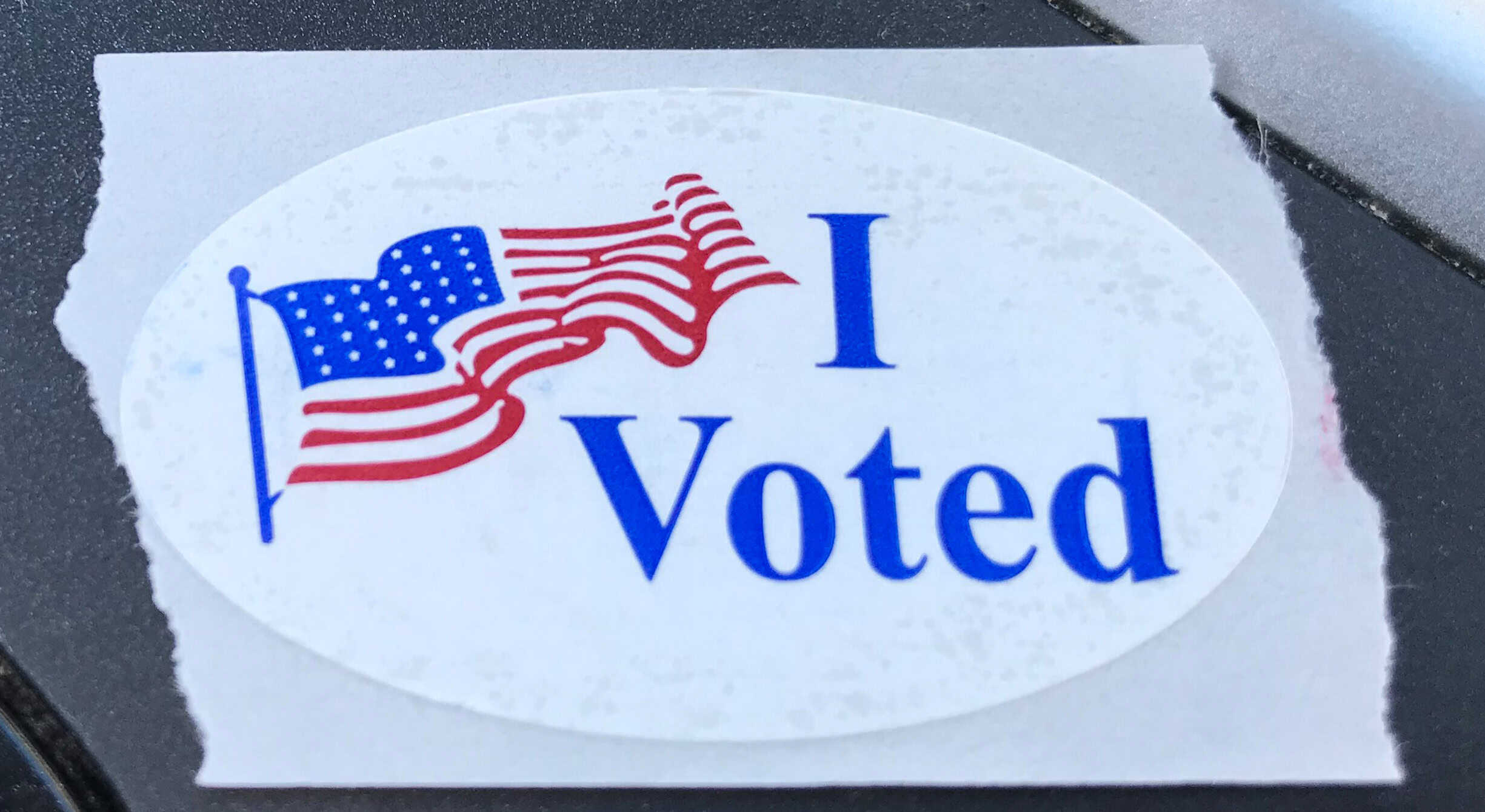The answer to that question might surprise a lot of people. It’s zero. Aren’t any registered Democrats, either.
That’s because Indiana law doesn’t call for registering voters by their preferred political party. You might believe you’re a Registered Republican, but it’s true only in your mind, because there’s really no such thing here in Hoosierland. (Only about half the states register voters by party, so we’re hardly unique.)
To understand why, you have to examine how Indiana handles primary elections. Primaries are the contests through which both major parties select their candidates for the general election in November. If four Republicans and two Democrats hope to become their party’s candidate to become your state representative, they’ll first compete in the primary. It’s a simple process: whoever gets the most votes in a party’s primary ends up representing that party on the November ballot. The underlying concept is that people who consider themselves to be Republicans select the Republican candidates, and the proud Democrats select the Democrats.
Our state operates what are known as “open” primaries. If you’re a registered voter, you’re allowed to vote in the primary of your choice. If you want to vote in the Republican primary in next year’s election, and then switch to the Democrat primary in the election two years later, you can do that. The state does want you to make a pinky promise that you mostly voted for people from your chosen party last time around and expect to do the same next November. Since you’re the only person who knows who you voted for, you’re the only one who can verify your promise.
That often leads some political types to encourage voters to ask for the other party’s primary ballot and vote against the candidate they think will be harder for their party’s eventual candidate to defeat. It’s like people who consider themselves to be Democrats requesting a Republican ballot in last year’s primary, and voting for Nikki Haley instead of Donald Trump. (Both parties encourage this practice at times, and both loudly cry foul when they’re on the receiving end.)
This year, some in the General Assembly who were indignant that evil supporters of the other guys did that very thing tried to change Indiana into a “closed” primary state. That would have meant voters would have to formally register as a member of either party before they could request a ballot. If you think my choice of the word “evil” is an exaggeration for effect, you clearly didn’t follow any of the testimony on that and other election-related bills this session. The bill failed, but nobody should be surprised if similar divisive measures crop up again next year – and before you think I’m blaming one party, neither deserves a halo.
One last thing about primary voting here in the land of oversized tenderloins: who you vote for is completely confidential, but the party whose primary ballot you chose is a matter of public record. Through the voter registration office, the county clerk keeps records on every registered voter. The records list what elections you’ve voted in, and for primaries, which ballot you requested. Anyone can check those records. Suspect that your annoying neighbor supports the wrong party? Just review their voting record – you have a right to see it if you want – and you can find out whether you have another good reason to despise them.
